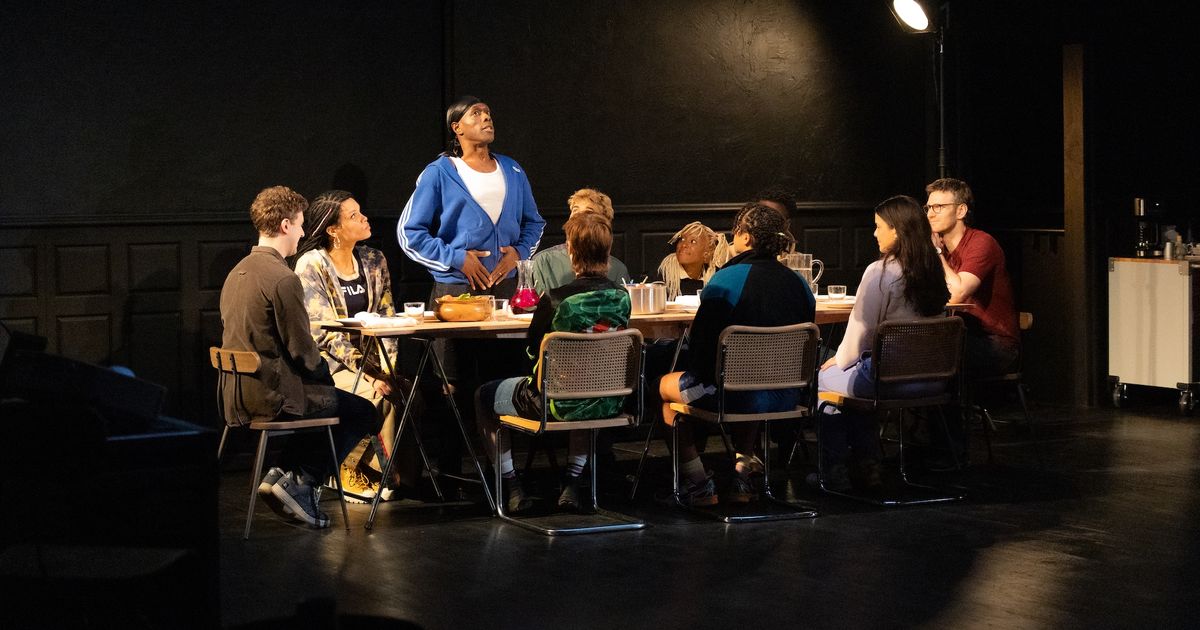
"Nazareth Hassan's play has no hauntings or jump scares; it never shows us anything from beyond our mortal side of the veil, but there can be no doubt about its species. Its characters are stuck in a house with a monster, possibly more than one, and for almost three hours we watch them, like flies mummified in spider silk, as they're gradually and inevitably consumed."
""This form that has saved my life," Hassan calls it in an author's note, at the same time arguing that it's an art dangerously and perhaps inextricably entangled with power. "Theater, in the western sense, is systematized manipulation," they write. Making it, and, implicitly, consuming it, is an act of "emptying your vessel to be filled by the will of whomever can afford to be an artist these days.""
Practice subverts theatrical horror by offering no hauntings or jump scares; it depicts characters trapped in a house with a consuming monster and shows their gradual, willing self-consumption. The play frames theater itself as the monster: an art form that saves lives but is dangerously entangled with systems of power. Hassan calls theater "systematized manipulation" and describes participation as emptying oneself to be refilled by whoever can afford art. The play functions as both a gut-churning horror and a love letter, invoking Baldwin's conception of love that permits perpetual criticism and proposing to exorcise theater's addiction to power.
Read at Vulture
Unable to calculate read time
Collection
[
|
...
]